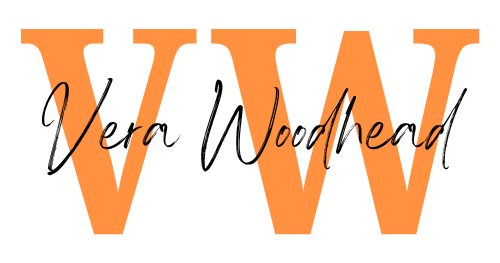As we step into July, I’d love to hear about your most significant achievement or small win from June.
My little win that I am most proud of is being able to do half a handstand. Half because I still need to balance against a wall 🤸♀️
Did you know there are 2 types of leadership development?
📚 Horizontal Development: This is where most organisations focus, adding new skills and knowledge through training programs to improve a leader’s ability to perform current tasks.
🌱 Vertical Development: This approach transforms a leader’s thinking and beliefs, changing how they approach problems and make decisions, fostering adaptability, resilience and learning agility for future challenges.
In the first, you improve, in the second you transform 🌟
To dive deeper into how leaders can truly transform their approach, I often refer to Rooke and Torbert’s Leadership Development Framework. Exceptional leaders stand out not only for their skills and experience but also for their internal ‘action logic’ – how they perceive their environment and respond to challenges. I find that this model:
- Enhances self-awareness by helping leaders understand their default behaviours, blind spots and explore new mindsets and approaches.
- Promotes adaptability as leaders can learn to flexibly apply different logics based on context, enhancing their effectiveness.
- Encourages growth by identifying a leader’s dominant logic and through coaching, helps them work towards higher stages.
- Aligns with complex organisational environments, helping leaders navigate challenges more effectively.
There are 7 distinct Action Logics, each representing a unique way of making sense of the world. By understanding these logics, leaders can significantly enhance their effectiveness.
The 7 Action Logics
- 🚀 Opportunist: Focuses on personal wins and survival, adapting quickly but may lack long-term vision.
- 🤝 Diplomat: Values belonging and harmony, creating cohesive teams but may avoid conflicts.
- 🧑🏫 Expert: Driven by knowledge and mastery, leading through technical skills and intellect.
- 🏆 Achiever: Goal-oriented, efficiently managing teams to meet objectives and achieve high performance.
- ❤️ Individualist: Emphasises authenticity and empathy, supporting team members’ unique perspectives.
- 🎯 Strategist: Visionary and strategic, aligning personal and organisational goals to drive long-term success.
- 🔮 Alchemist: Transformative and holistic, leading initiatives that foster innovation and sustainability, inspiring others to think beyond immediate goals.
🤔 Self reflection:
- Which Action Logic resonates with you the most? Why? Consider moments when you naturally exhibit certain logics.
- Are there situations where you find it challenging to switch between logics? What triggers this difficulty?
Non-Linear Development
Leadership development isn’t a linear path from Opportunist to Alchemist. Leaders can exhibit traits from different Action Logics depending on the context and their level of growth. This fluidity allows leaders to adapt their approach to meet the demands of various situations.
What does this mean for you ? Some practical tips:
Embrace flexibility:
- Recognise your dominant Action Logic and consciously choose to engage other logics as needed. For example, use Opportunist traits for quick decision-making in a crisis but switch to Diplomat traits to build team cohesion.
Foster self-awareness:
- Reflect on your experiences and seek feedback from peers and team members. Regularly assess which Action Logics you use and which you need to develop further.
Engage in continuous learning:
- Participate in leadership development programmes, coaching, and mentoring. Encourage your team to do the same, fostering a culture of continuous improvement.
You can develop your adaptive leadership by assessing the needs of the situation and consciously applying the most suitable Action Logic. For example, you might use the Expert logic to solve a technical problem but switch to the Individualist logic to address team dynamics.
Examples of Action Logics in daily practice:
- Opportunist: Use quick thinking in high-pressure situations to gain immediate advantages.
- Diplomat: Promote team harmony and inclusiveness during interactions.
- Expert: Share your knowledge broadly and involve others in problem-solving.
- Achiever: Set clear goals and drive your team towards achieving measurable results.
- Individualist: Encourage open communication and personal growth within your team.
- Strategist: Develop and articulate a compelling vision for the future.
- Alchemist: Lead initiatives that drive innovation and sustainability.
Challenges and Higher Stages
Few leaders operate at the Strategist and Alchemist levels, as these stages require significant personal growth and the ability to integrate complex perspectives. Coaching plays a pivotal role in this journey along with environments that champion continuous learning, collaboration, innovation and adaptive leadership.
🤔 Consider how the different Action Logics resonate with your own leadership journey. Reflect on which logic you naturally lean towards and how you might stretch into others to enhance your adaptability and effectiveness.
I’d love to hear about your leadership wins and challenges.
V
